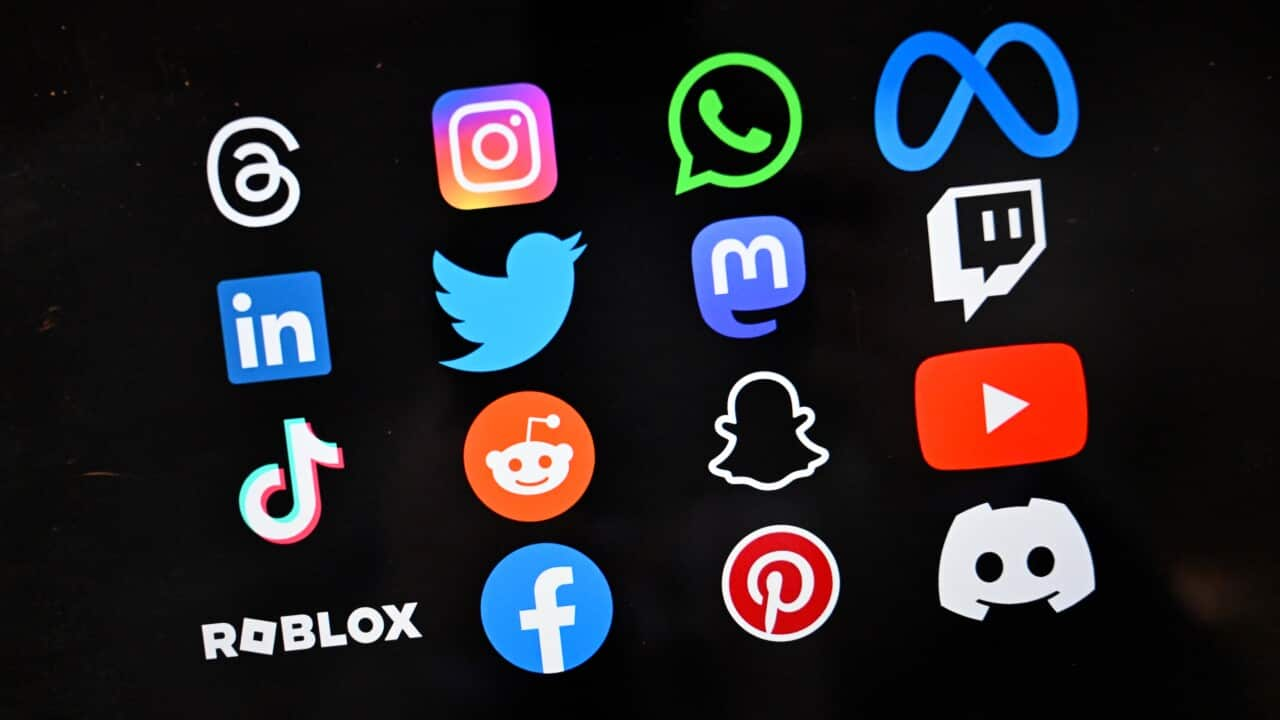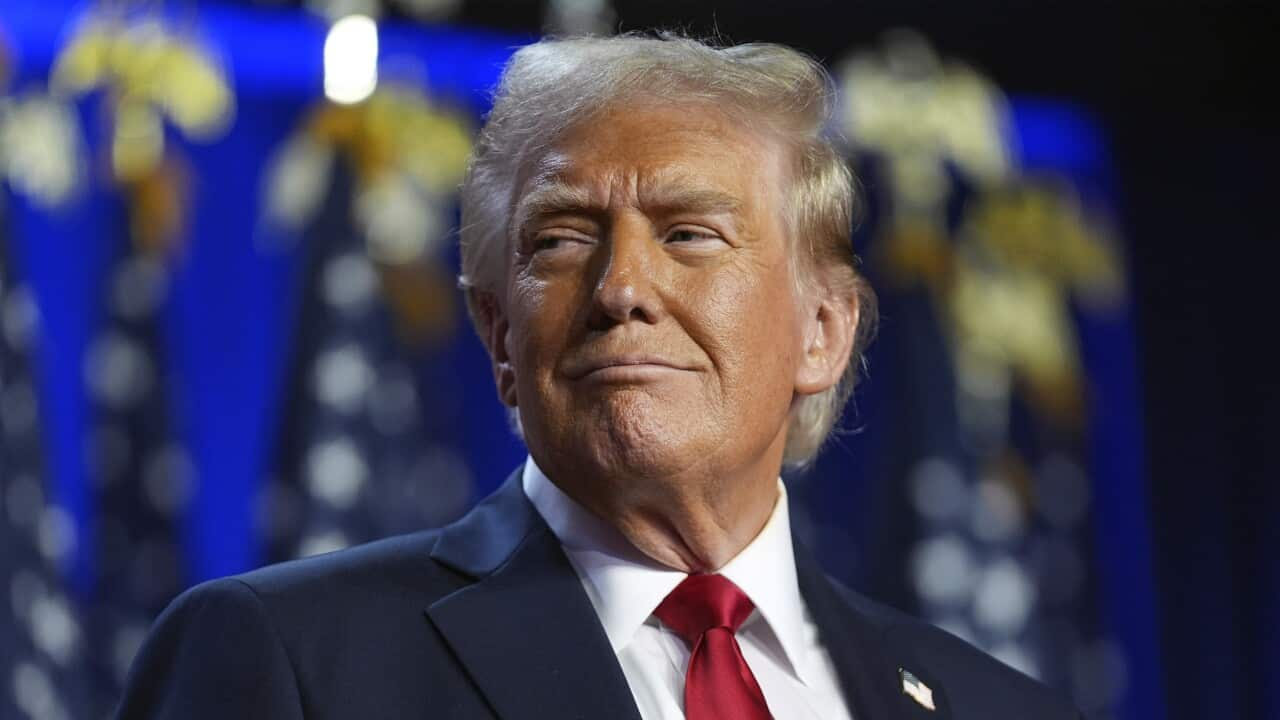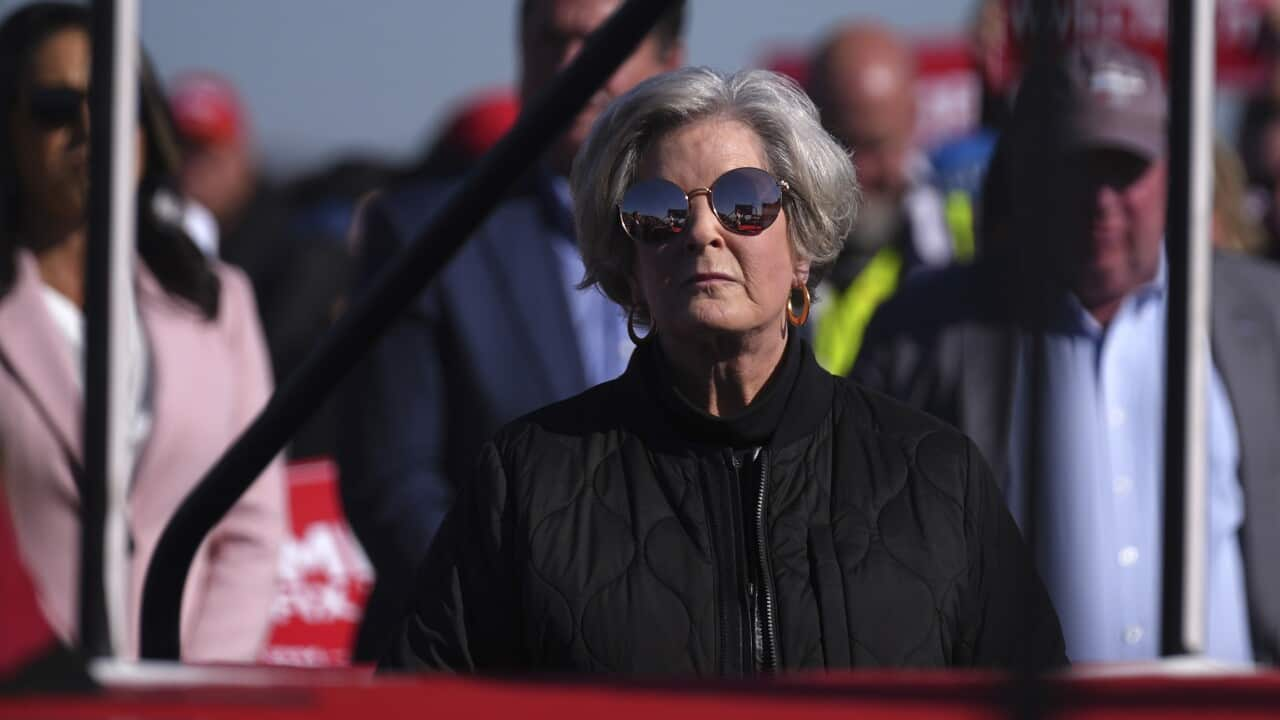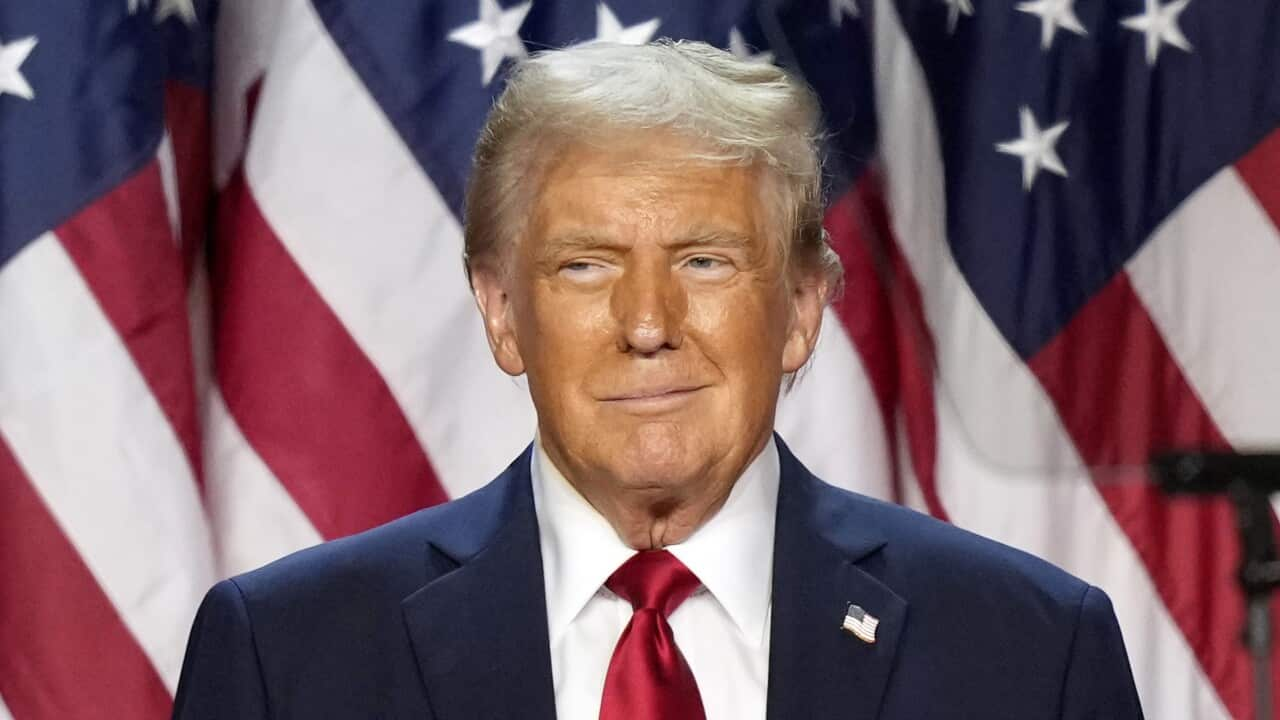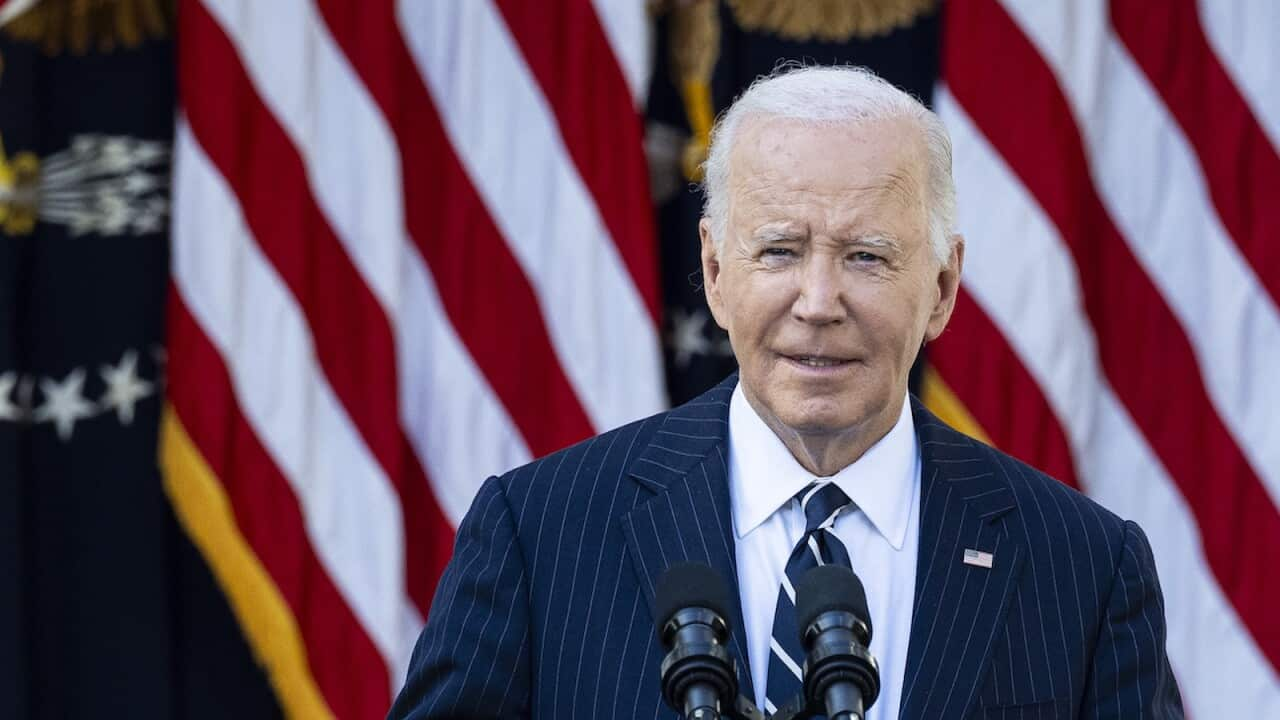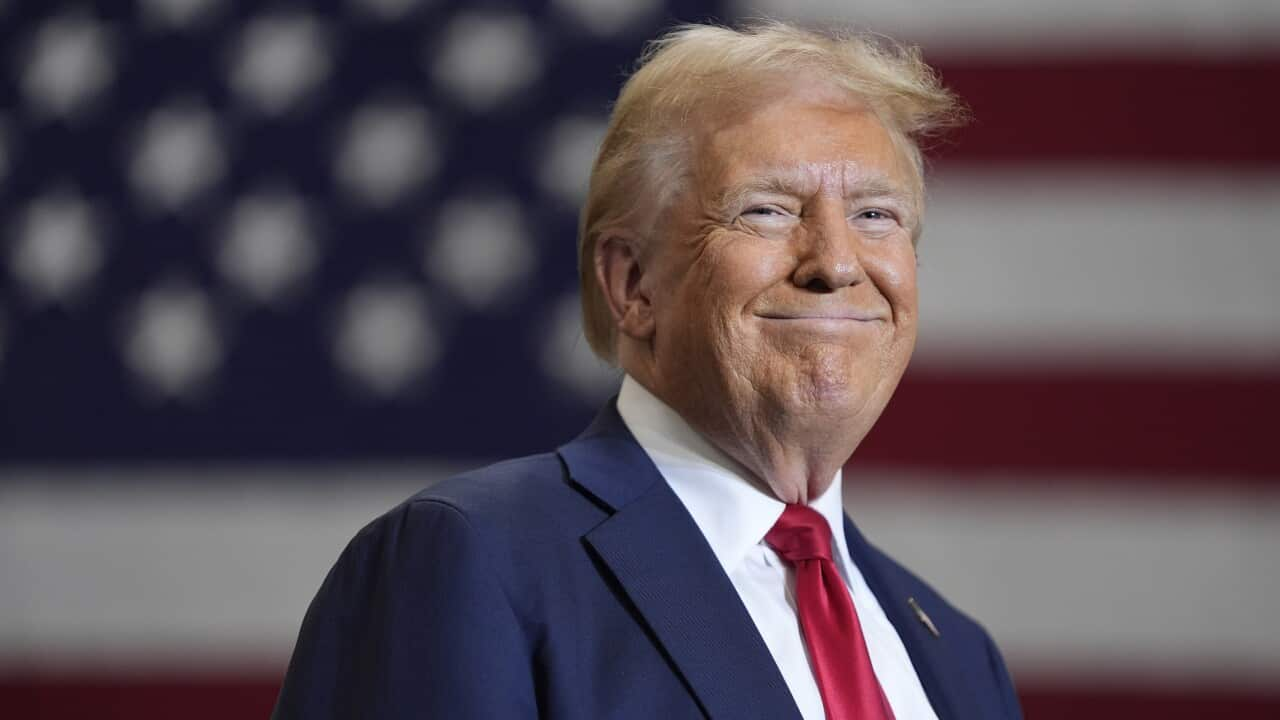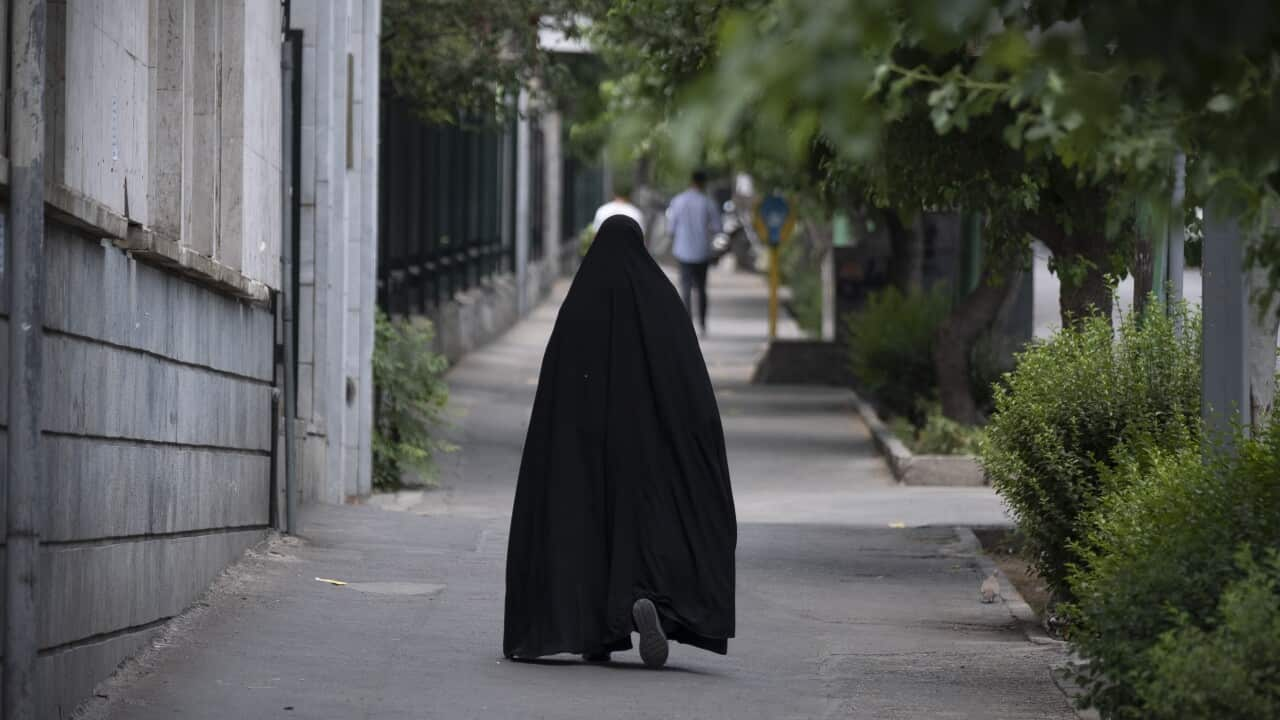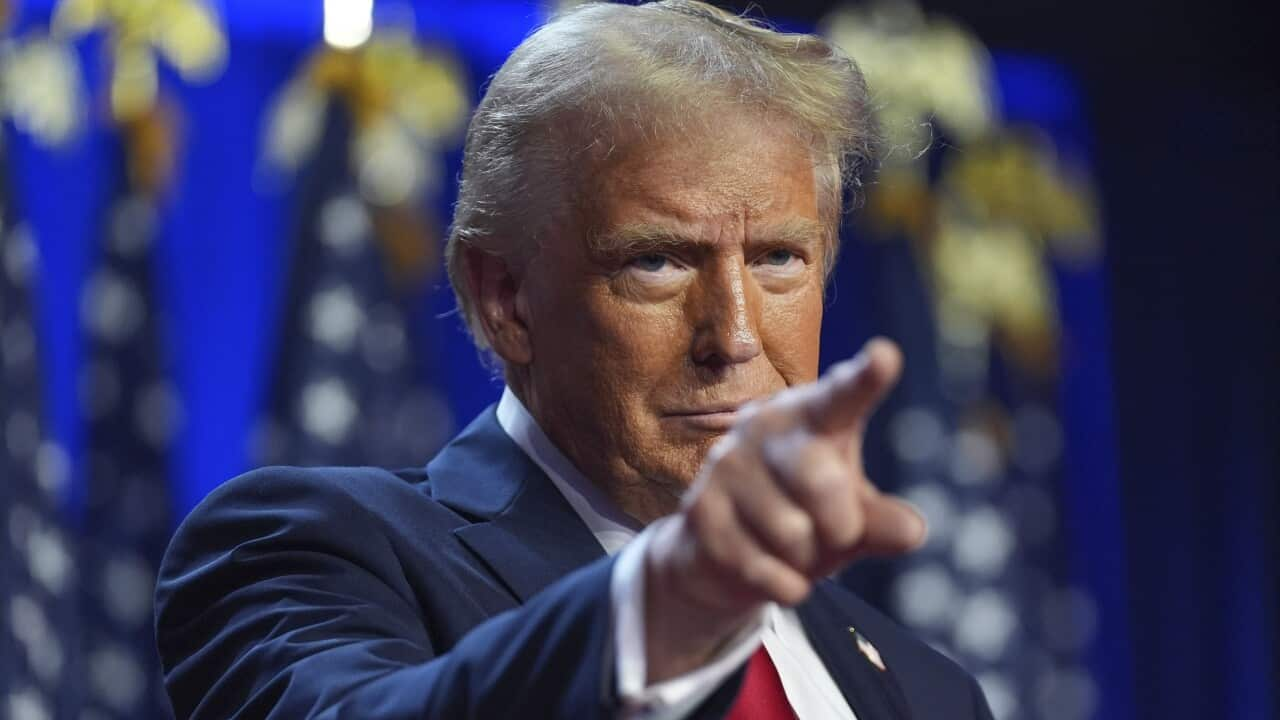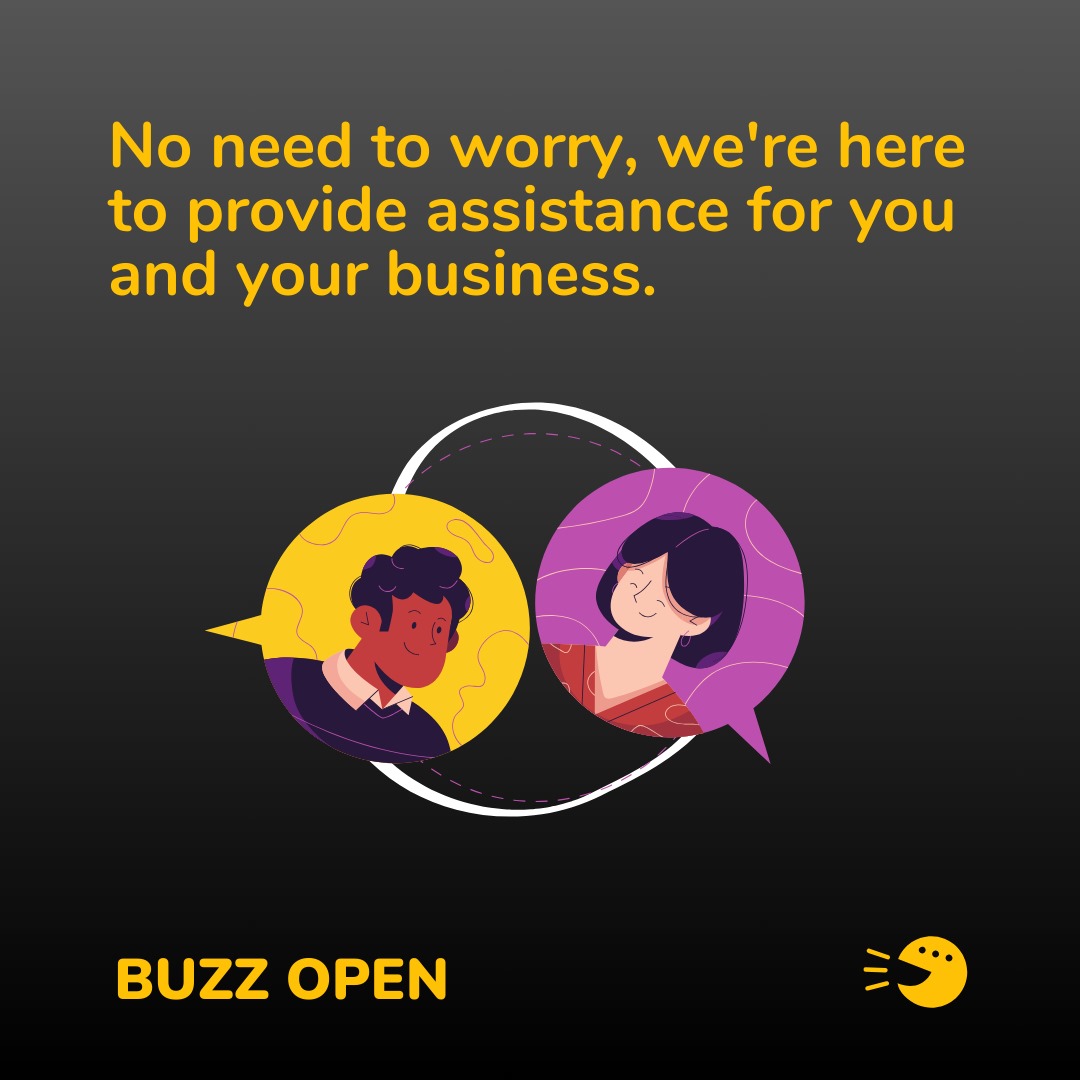Key Points
- Children under 16 will be banned from using social media under a new government proposal.
- The office of the eSafety commissioner will provide oversight and enforcement for the ban.
- The government is going to run a federal trial on age assurance technology.
Children under 16 will be banned from using social media under a government proposal that will be put before the states at a National Cabinet meeting on Friday.
Prime Minister Anthony Albanese said legislating a ban will put the responsibility on social media platforms to restrict access to children, taking pressure off families.
“Social media is doing harm to our kids, and I’m calling time on it,” he said in Canberra on Thursday.
“This would be the number one discussion outside the school gate, on the sideline of tennis, cricket, football, netball, swimming, as parents gather.
“It’s something that is of enormous concern, and we know the social harm that can be caused, and we know the consequences here.”
Prime Minister Anthony Albanese announced the impending ban in Canberra on Thursday. Source: AAP / MICK TSIKAS/AAPIMAGE
‘A ban isn’t the answer’
The Coalition supports the move.
Opposition leader Peter Dutton had previously committed to introducing a ban within 100 days if he won the next federal election.
Opposition communications spokesperson David Coleman welcomed the move.
“We want to make sure that the legislation is strong and that there aren’t loopholes and that this really protects Australian kids and captures those platforms that we are also concerned about.”
But Independent senator Tammy Tyrrell said the policy is “as deep as a kiddy pool” and “a ban isn’t the answer”.
“It’s not going to stop kids accessing social platforms, and it doesn’t actually address the problems young people are facing online,” she posted on X.
‘Misguided’ or ‘a good idea’?
Daniel Angus, the director of the digital media research centre at Queensland University of Technology, believes the policy is “misguided”.
“It will not work, and in fact, it may spectacularly backfire,” he said.
“It’s incredibly difficult to police online activities, and the government’s approach here through bans ignores the evidence that we need a tailored approach around media literacy and working with appropriate uses of digital technologies.”
He added the ban may lead to different consequences for kids.
“It also means that those children may not seek help and advice if they feel that they are doing the wrong thing online,” Angus said.
“And so it engenders a discourse of shame around the use of those platforms and, indeed, might bury the problem.”
Amid the criticism, some experts are supporting the ban.
“I’m a supporter of it. I know that’s not a popular position among my peers, though. I think it’s a good idea,” Belinda Barnett, senior lecturer in Media and Communications at Swinburne University, told SBS News.
“I really don’t think that children understand the risks sufficiently to prevent harm to themselves or others on some social media platforms.
“Although I’m in support of a band for very young kids, kids under 13, primarily, I have some concerns about how it is implemented.”
What do we know about the proposal?
The office of the eSafety commissioner will provide oversight and enforcement for the ban, which will come into effect 12 months after the legislation passes parliament.
The commissioner will set out what reasonable steps social media companies can take to implement the ban.
Communications Minister Michelle Rowland said the ban will cover Instagram, TikTok, Facebook and X and “YouTube would likely fall within that definition as well”.
“That goes to some of the issues also of exemption, like whether it is done in a logged-out state.”
The eSafety commissioner will be able to control what is covered by the ban and determine what platforms or activities are low-risk and could be exempt.
Albanese said: “We want to make sure, for example, that young people can continue to access educational services.”
Rowland said the onus of enforcement will be on the platforms.
“There will need to be measures put in place to ensure that reasonable steps are being taken by the platforms to ensure that that age limit is complied with,” she said.
“At arriving at this age, the government has taken a pragmatic approach.
“What our approach does is helps to achieve a balance between minimising those harms that are caused by young people accessing social media, while still enabling connection and inclusion.”
Labor will introduce privacy protections for information collected for age assurance purposes.
How will it work?
The government is planning to run a federal trial on age assurance technology, which it expects will give it information it can use of how the ban is imposed.
The trial was funded in the May budget, but what is going to be trialled and how the large-scale ban will work is unclear.
At that time, Albanese said in a statement: “the pilot will identify available age assurance products to protect children from online harm, and test their efficacy, including in relation to privacy and security”.
Lisa McGivern, professor of Information Sciences at RMIT University, said. “We haven’t actually heard many details about this.”
“They may be looking at a whole host of potential options.”
The ban will apply to all current and future social media users.
“We will all likely have to be able to verify our age and demonstrate that we’re of age to use these platforms. That could involve, for example, uploading ID to a technical site,” McGivern said.
“In some cases, there are new technologies around attempting to look at a person’s face and determine what their age is, but a lot of those technical features are still very much in development.”
‘For many kids, where there’s a will, there’s a way’
McGivern warns there will be ways to circumvent the ban.
“A young person could access someone else’s account on a home computer or using perhaps a friend’s phone, who actually is of age and able to access the account.”
“For many kids, where there’s a will, there’s a way. They will find those workarounds.”
McGivern said, for example, by using a VPN, “you’re kind of fooling the system into believing you’re in a jurisdiction that does not have this rule in place, that you’re in another country outside of Australia, and then being able to create an account online”.


